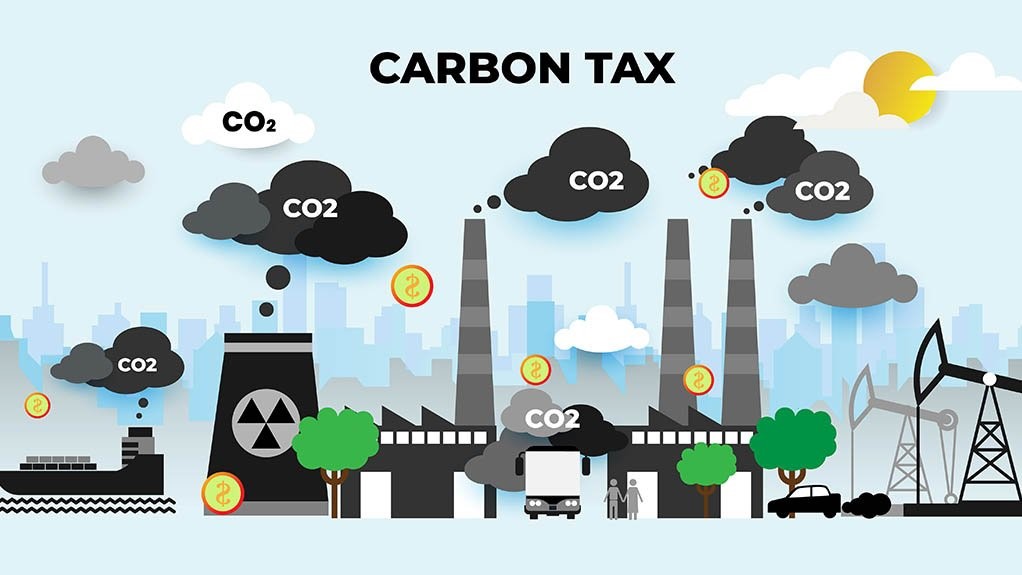INP-WealthPk
Arsalan Ali
Carbon tax can significantly help Pakistan shift from non-renewable to renewable energy sources in order to reduce carbon emissions and increase revenue. Talking to WealthPK, Dr. Abid Qaiyum Suleri, Executive Director at the Sustainable Development Policy Institute, said, “We need to start thinking differently about how energy and carbon tax can help ignite our shift from non-renewable to renewable energy sources. Implementing carbon tax can potentially help minimize the use of fossil fuels in Pakistan.”

“Making fossil fuels more expensive and introducing carbon tax will incentivize individuals and businesses to find alternatives like the renewable energy sources [solar and wind power]. This can ultimately help reduce carbon emissions and mitigate the effects of climate change,’’ he said.
According to Dr. Abid, Pakistan is experiencing the harsh reality of climate change with extreme weather events like floods and droughts becoming more frequent. He said the economic cost of ignoring this pressing issue was too high for the government to overlook, as Pakistan entered the summer last year without passing through the spring. The urgency of the situation requires both sustainable lifestyles and support for the government's initiatives, he added.
“China provides an inspiring example of adopting and scaling up sustainable technologies such as solar and wind energy. Focusing on one technology and scaling it up can make it affordable for ordinary citizens, creating a domino effect. This potential must be explored further, with special emphasis on electric vehicles (EVs),’’ he added.
The expert suggested that Pakistan must learn from China's success and adopt a similar approach to tackle climate change. It is essential for the government to take these issues seriously and prioritize sustainable development, he said. He added that with the right policies and investments, “we can make a difference and create a brighter future for ourselves and the planet.”
According to the latest research conducted by the Islamabad Policy Research Institute (IPRI), carbon taxation is a key factor in reducing greenhouse gas emissions, particularly carbon emissions. The study highlights that the energy sector, agriculture, and livestock account for over 90% of greenhouse gas emissions in Pakistan.
Although Pakistan's contribution to global carbon emissions is less than 1%, it remains highly vulnerable and is among the top 10 countries most affected by climate change.
According to a study to combat this issue, Pakistan has set ambitious goals to reduce its projected emissions by 50% overall by 2030, with 15% reduction below business as usual (BAU) from domestic resources and an additional 35% reduction below BAU subject to international financial support.
The study also reveals that the highest carbon emissions are coming from Sindh, followed by Punjab, KP, and Balochistan. Sindh's carbon emissions account for 54% of Pakistan's total emissions, while Punjab 27%. KP's energy sector produces 11% of carbon emissions, while Balochistan accounts for just 7% [of carbon emissions], according to the study.
The study recommends that the government should take a serious action to mitigate carbon emissions, as $8 carbon tax can reduce emissions by 3% and increase revenue by up to 3% in Punjab. Similarly, in Sindh, 8% carbon tax can reduce emissions by 6% and increase revenue by 4%, while the emissions in KP can decline by 2% and revenue increase by 4%. However, due to low carbon emissions in Balochistan, the revenue will only increase by 1%, while the emissions will reduce by 0.5% with the imposition of $8 carbon tax.
Credit: Independent News Pakistan-WealthPk



